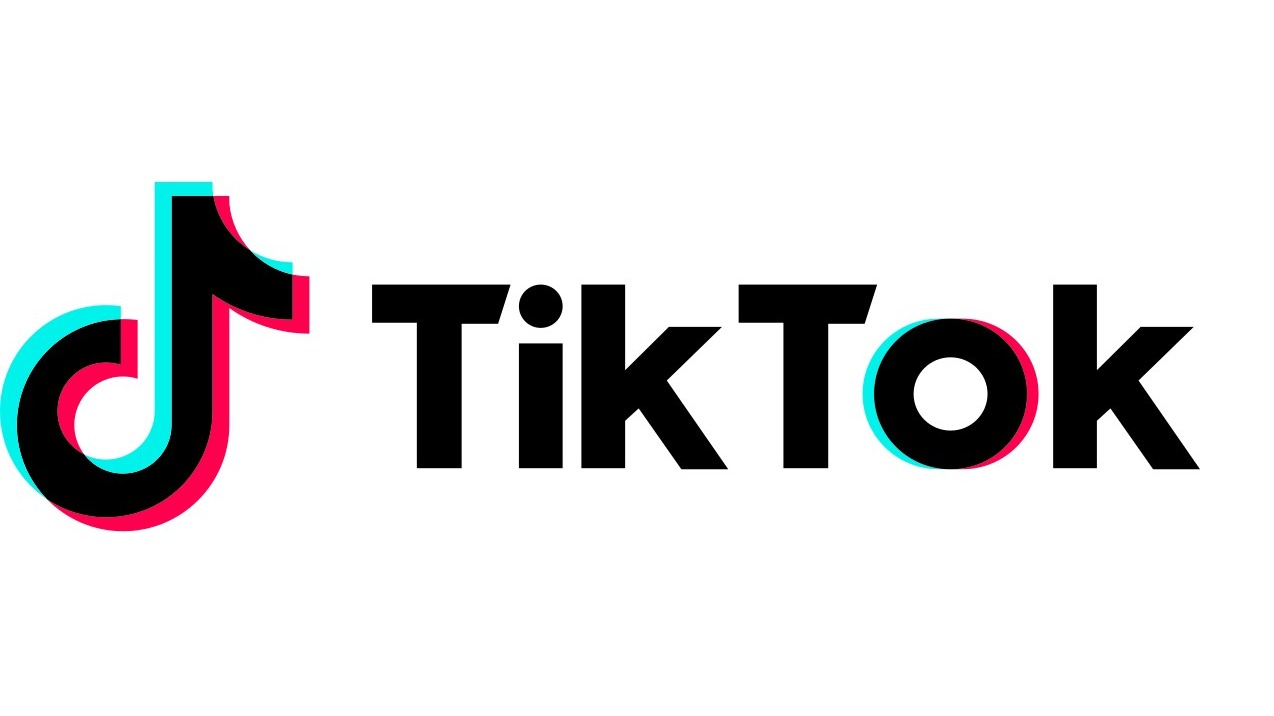Owners of smart devices are being asked to provide vast amounts of data to manufactures, which could compromise their privacy, according to research from Which?.
Which? said that despite paying up to thousands of pounds for smart products, customers are also “paying” with their personal data.
The consumer champion found companies collect more data than is needed for the product to function and may hand this over to social media and marketing firms.
According to Which?, some products such as smart speakers and security cameras share customer data with Meta and TikTok, while it also found some smart washing machines require people’s date of birth.
Each brand that Which? analysed required exact location data as well as an approximate one, despite this arguably not being necessary for the functionality of the product.
Every single smart camera and doorbell brand Which? assessed used tracking services from Google, while Blink and Ring also connected to parent company Amazon. Google’s Nest product demands full name, email, date of birth and gender.
Responding to the allegations a spokesperson for Google said: “Google fully complies with applicable privacy laws and provides transparency to our users regarding the data we collect and how we use it.”
Responding to claims about its Blink and Ring devices, Amazon said that it designs its products with customer privacy and security in mind.
“We never sell their personal data, and we never stop working to keep their information safe,” said an Amazon spokesperson. “We use data responsibly to deliver what our customers expect: products that they love and are always getting better.”
When Which? Surveyed its members earlier this year, the company found that people were most concerned about their contacts and background location being shared. This was followed by the sharing of photos, phone numbers and precise location.
Around a third of those surveyed admitted to not reading any of the privacy policy when downloading an app, while two thirds said that they merely skimmed it.
Which? said this is unsurprising as terms and conditions and privacy policies usually take a long time to read.
“Firms should not collect more data than they need to provide the service that’s on offer, particularly if they are going to bury this important information in lengthy terms and conditions,” said Rocio Concha, Which? Director of policy and advocacy. “The Information Commissioner’s Office should consider updating guidelines to better protect consumers from accidentally giving up huge swathes of their own data without realising.”
Latest News
-
Indra wins TfL contract to run London ticketing systems
-
Japan ‘launches government probe’ into Grok
-
Social media sites stop access to 4.7m under-16 accounts in Australia
-
Government announces £52m funding to support British robotics and defence tech firms
-
Swift to launch blockchain-based shared ledger after successful digital asset pilot
-
AWS launches European sovereign cloud service
The future-ready CFO: Driving strategic growth and innovation
This National Technology News webinar sponsored by Sage will explore how CFOs can leverage their unique blend of financial acumen, technological savvy, and strategic mindset to foster cross-functional collaboration and shape overall company direction. Attendees will gain insights into breaking down operational silos, aligning goals across departments like IT, operations, HR, and marketing, and utilising technology to enable real-time data sharing and visibility.
The corporate roadmap to payment excellence: Keeping pace with emerging trends to maximise growth opportunities
In today's rapidly evolving finance and accounting landscape, one of the biggest challenges organisations face is attracting and retaining top talent. As automation and AI revolutionise the profession, finance teams require new skillsets centred on analysis, collaboration, and strategic thinking to drive sustainable competitive advantage.
© 2019 Perspective Publishing Privacy & Cookies



.jpg)




Recent Stories